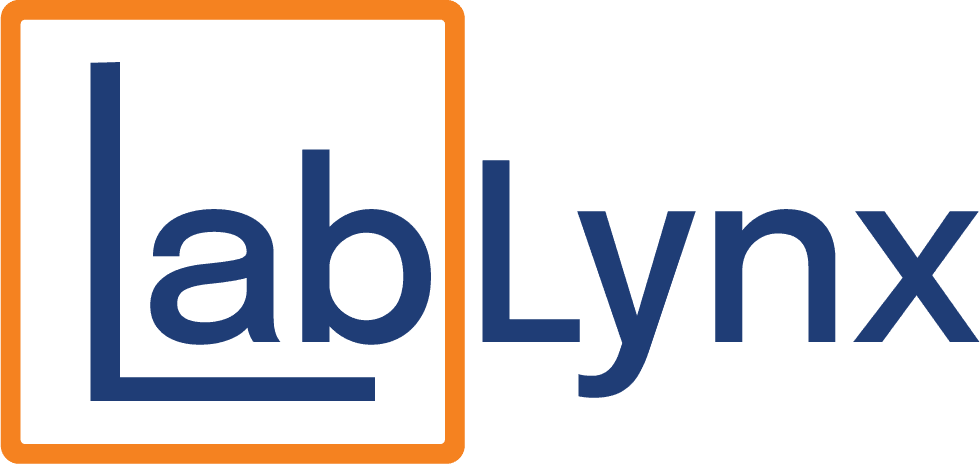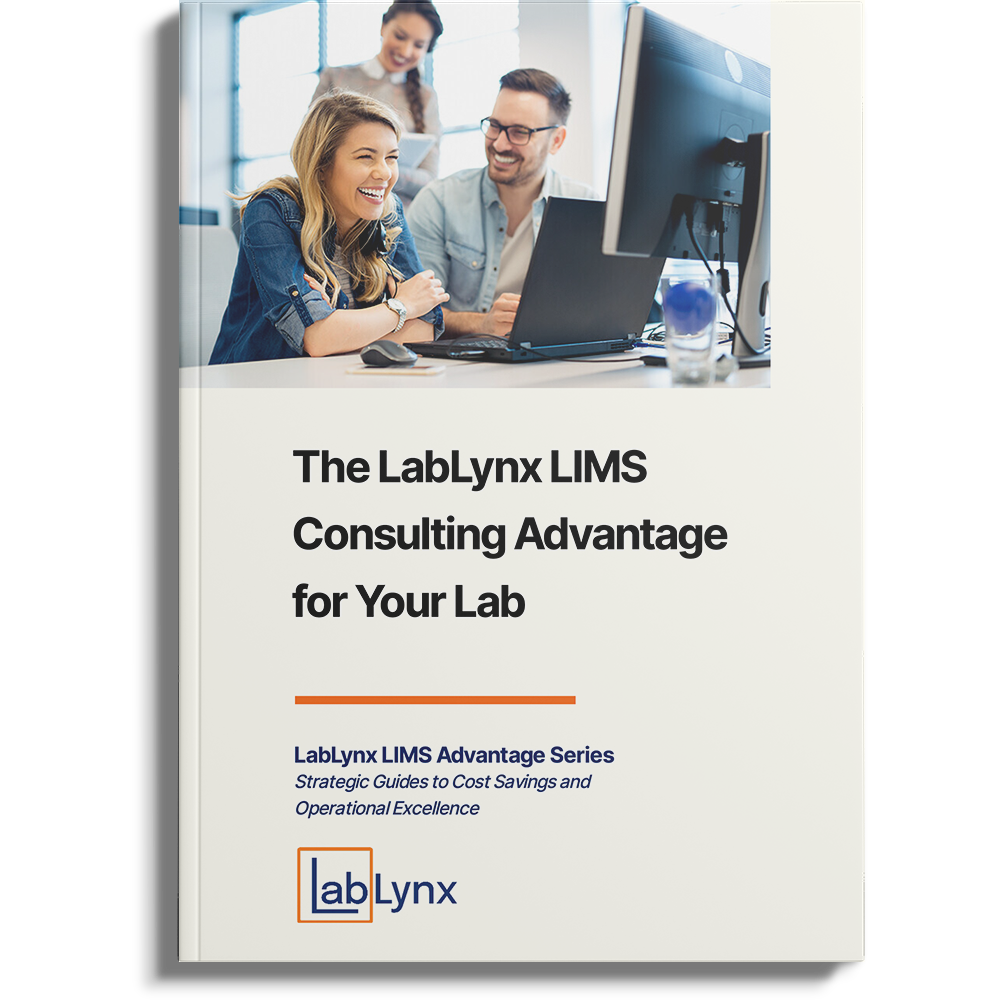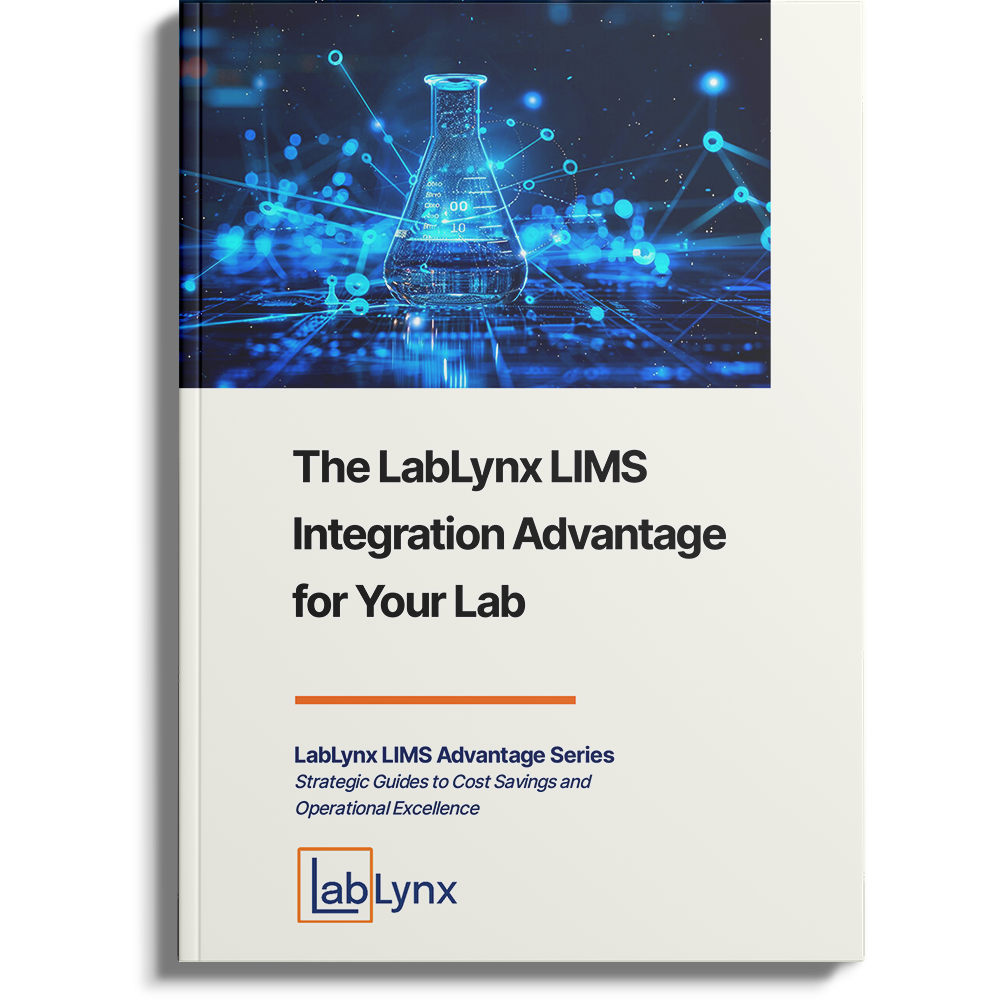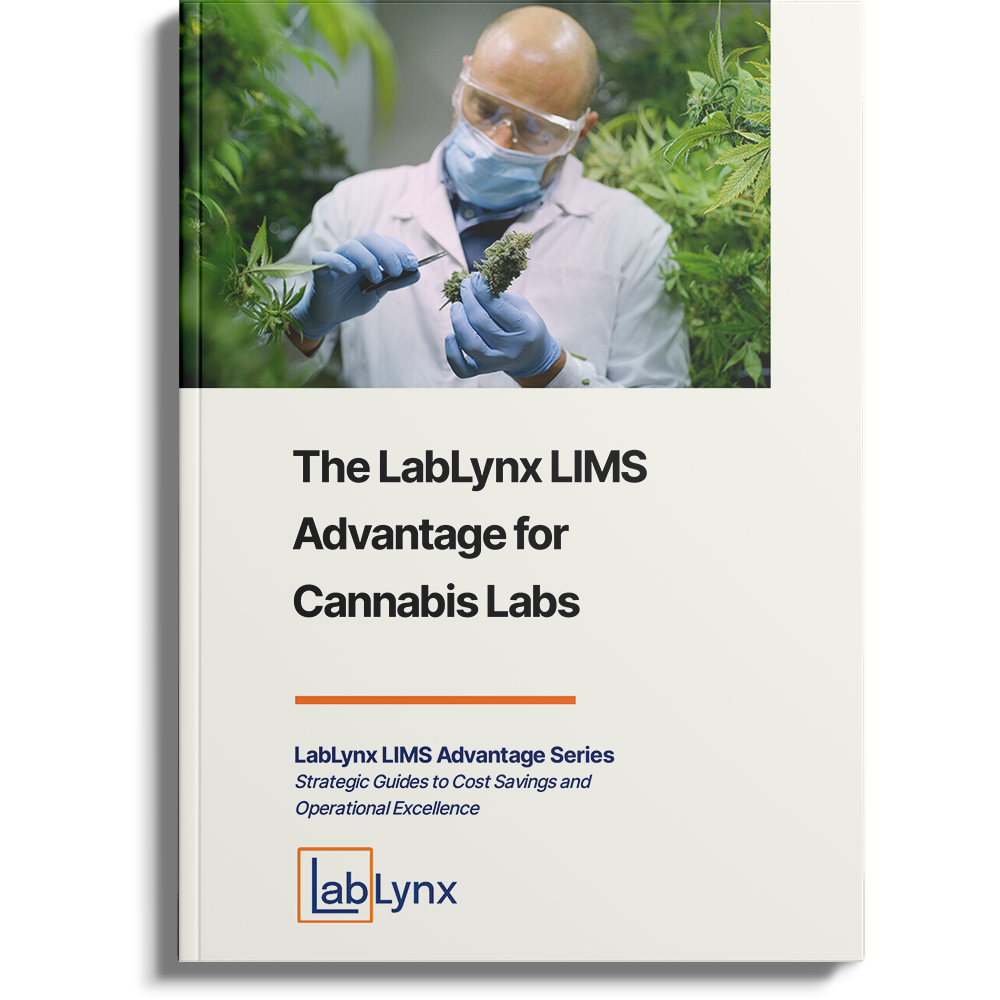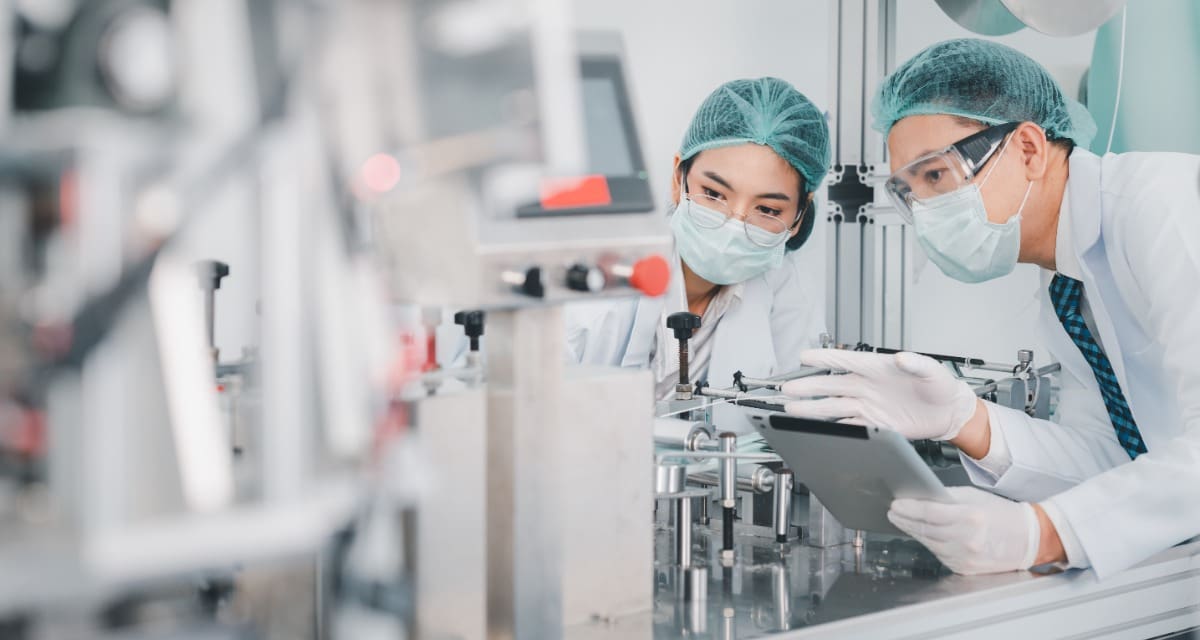
The medical device testing industry has high stakes, as laboratory results and recommendations directly impact public health and trust. The demand for safety and compliance is ever-present, prompting laboratories to seek innovative solutions to keep pace with the evolving regulatory landscape. Laboratory information management system (LIMS) software is a formidable tool that empowers laboratories to navigate the intricate processes involved in medical device testing.
LIMS software automates and streamlines manual processes that once consumed valuable time and effort. From sample management to safety protocol adherence and regulatory compliance, LIMS software can become a trusted laboratory partner, offering a new level of efficiency and accuracy throughout the testing journey.
Regulatory standards and requirements for medical device testing
Before diving into the role of LIMS software, let’s first acknowledge the significance of medical device testing in ensuring safety and compliance. Rigorous testing throughout the development and manufacturing process is necessary to verify medical devices’ effectiveness, reliability, and safety. By subjecting these devices to comprehensive evaluations, potential risks can be mitigated, and patient well-being can be safeguarded. Adherence to industry standards such as those of the International Organization for Standardization (ISO) and regulations such as those of the Food and Drug Administration (FDA) is crucial to gaining market approval and maintaining compliance.
Stringent standards and regulatory requirements govern medical device testing. Regulations differ across regions, but standard conditions involve documentation, traceability, quality management, risk assessment, and validation protocols. To avoid penalties, legal issues, and reputational damage, laboratories must ensure that their testing procedures align with the relevant regulatory frameworks.
Challenges in managing medical device testing processes
Managing medical device testing processes can be complex and present various challenges for laboratories. Laboratories often need help in handling large volumes of samples, collecting data and documentation, and ensuring data integrity.
Efficient team communication is critical for smooth operations and collaboration within a laboratory. For instance, in a multidisciplinary medical device testing laboratory, failure to maintain effective communication can lead to misinterpretation of instructions, duplication of efforts, or delays in sharing critical information. This lack of communication can impact the overall efficiency of the testing process, potentially resulting in increased turnaround times and compromised productivity.
Relying on manual and paper-based systems in medical device testing can introduce many issues. Consider a laboratory performing quality control (QC) tests on surgical instruments. Tracking each instrument’s calibration status and maintenance history can be challenging in a manual system. Making sure instruments receive calibration on time becomes difficult, potentially leading to inaccurate test results and non-compliance with regulatory requirements. Moreover, manual documentation can be time-consuming and prone to errors, making maintaining an accurate and up-to-date record of instrument-related information difficult.
LIMS software revolutionizes medical device testing by streamlining and automating various tasks. It acts as a centralized platform for managing samples, tracking progress, and capturing data throughout the testing lifecycle. LIMS software automates workflows, eliminating manual errors and reducing turnaround times. Furthermore, it facilitates seamless integration with laboratory instruments and equipment, enabling real-time data capture and analysis. By harnessing these capabilities, laboratories can achieve higher efficiency, accuracy, and compliance in their testing processes.

Key features of LIMS software for medical device testing
LIMS software offers specific features and functionalities tailored to the unique requirements of medical device testing.
Sample management
LIMS software provides robust sample management capabilities, allowing for efficient tracking, storage, and retrieval of samples. It enables your medical device testing laboratory to assign unique identifiers to samples, track their location and status, and manage sample storage conditions. Samples are appropriately documented and readily accessible when needed for testing and analysis.
Workflow automation
A LIMS can automate various aspects of the testing process, including test scheduling, sample tracking, and result calculations. It ensures that tests are performed according to predefined protocols and reduces manual errors associated with data entry and calculations. Automation improves efficiency, minimizes turnaround time, and standardizes processes across the lab.
Data management
Medical device testing labs generate significant data from various tests and experiments. A LIMS can centralize and organize this data, providing a structured and searchable repository for all testing data. Data is easily accessible, eliminating the need to search multiple files and documents.
Quality control
LIMS software is critical in maintaining compliance with industry standards and quality management protocols. Your lab can define and enforce QC measures, such as standard operating procedures (SOPs), quality assurance (QA) checks, and proficiency testing. A LIMS helps testing processes adhere to established standards, reducing the risk of errors and non-compliance.
Instrument integration
Medical device testing labs use a variety of instruments and equipment for testing purposes. A LIMS can integrate with these instruments, capturing data directly from them and eliminating the need for manual data entry. This integration saves time, reduces the chances of errors, and provides for accurate and reliable data transfer.
Reporting and documentation
LIMS software simplifies the generation of accurate and comprehensive reports for medical device testing. It stores customizable report templates and populates data automatically for consistency and standardization in your lab’s reporting. LIMS software also facilitates the generation of audit-ready documentation, including test protocols, certificates of analysis, and compliance reports, supporting regulatory requirements and audits.
Collaboration
Medical device testing involves multiple teams and stakeholders, including scientists, technicians, quality assurance personnel, and regulatory bodies. A LIMS provides a centralized platform for collaboration, allowing seamless communication, task assignments, and data sharing among team members. It improves overall coordination and ensures everyone can access the latest information and updates.
Audit trails
A well-designed LIMS maintains comprehensive audit trails, capturing a detailed log of all activities and changes within the system. This feature guarantees traceability and accountability by recording user actions, data modifications, and system events. Audit trails support compliance requirements and help facilitate investigations while demonstrating the integrity and validity of testing processes and data.
Considerations when choosing a LIMS Software Solution for medical device testing
When choosing a LIMS software solution, it is essential to consider multiple factors. Regulatory compliance should be a top priority. The LabLynx ELab LIMS software aligns with relevant industry standards and regulations to meet the requirements for medical device testing. Additionally, evaluate the software’s customization capabilities. ELab adapts to your specific testing workflows, allowing seamless integration into your laboratory processes.
Integration capabilities are another crucial factor your lab should assess. The LabLynx LIMS is compatible with most, if not all, of your existing laboratory instruments and systems, enabling smooth data exchange and collaboration between different platforms. Labs should also prioritize LIMS software that offers robust security measures, such as the encryption and access controls provided by ELab LIMS, to protect the confidentiality and integrity of your data.
Lastly, research the vendor’s reputation and support services. LabLynx, Inc. has a solid track record and positive customer feedback and offers reliable technical support to address any issues or concerns that may arise during the implementation and ongoing use of the ELab LIMS software.
